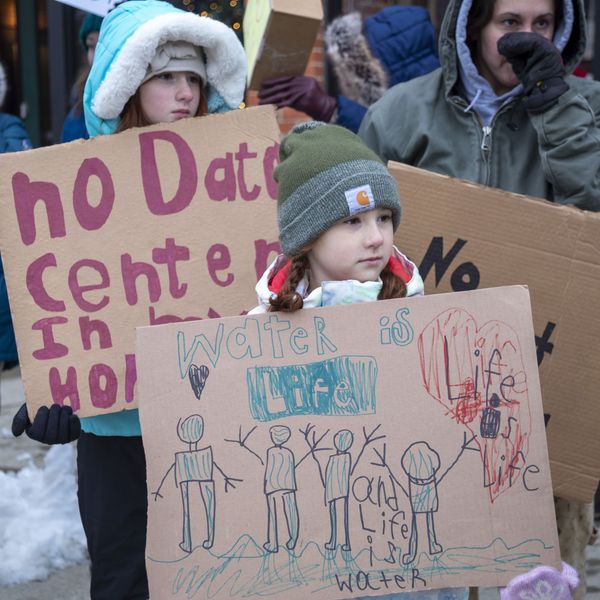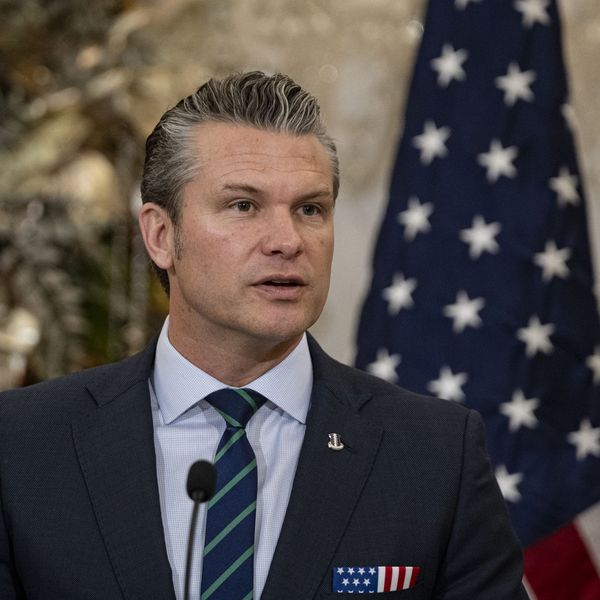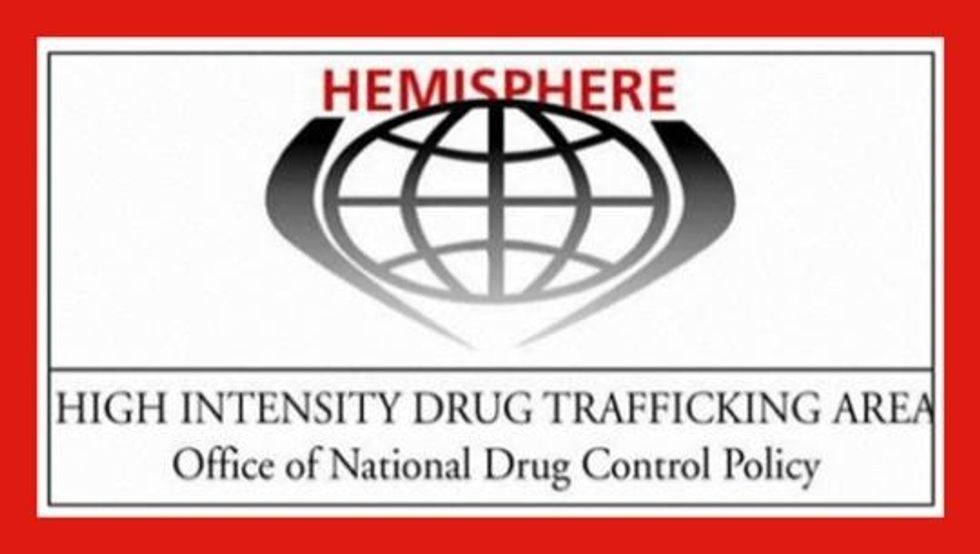The federal government, working in partnership with the private telecommunications giant
AT&T, maintains an elaborate database of phone user data that surpasses anything even the NSA is using, according to new reporting by the
New York Times.
Based on documents obtained by a New York citizen via a Freedom of Information Act request, the Times says that "for at least six years, law enforcement officials working on a counternarcotics program have had routine access, using subpoenas, to an enormous AT&T database that contains the records of decades of Americans' phone calls."
Details of the program were made available in a series of slides released as part of the FOIA disclosure and are viewable here.
The secretive program, which has never been reported on before, raises significant privacy and constitutional concerns, the ACLU's deputy legal director Jameel Jaffer says. "One reason for the secrecy of the program is that it would be very hard to justify it to the public or the courts," stated Jaffer.
As the Times reports--and Jaffer notes as of particular concern--the program, called Hemisphere Project, shows a deep coordination between private industry and government surveillance practices. According to the Times:
The project comes to light at a time of vigorous public debate over the proper limits on government surveillance and on the relationship between government agencies and communications companies. It offers the most significant look to date at the use of such large-scale data for law enforcement, rather than for national security.
The scale and longevity of the data storage appears to be unmatched by other government programs, including the N.S.A.'s gathering of phone call logs under the Patriot Act. The N.S.A. stores the data for nearly all calls in the United States, including phone numbers and time and duration of calls, for five years.
Hemisphere covers every call that passes through an AT&T switch -- not just those made by AT&T customers -- and includes calls dating back 26 years, according to Hemisphere training slides bearing the logo of the White House Office of National Drug Control Policy. Some four billion call records are added to the database every day, the slides say; technical specialists say a single call may generate more than one record. Unlike the N.S.A. data, the Hemisphere data includes information on the locations of callers.
Reactions to disclosure of the program on Twitter:
__________________________________



